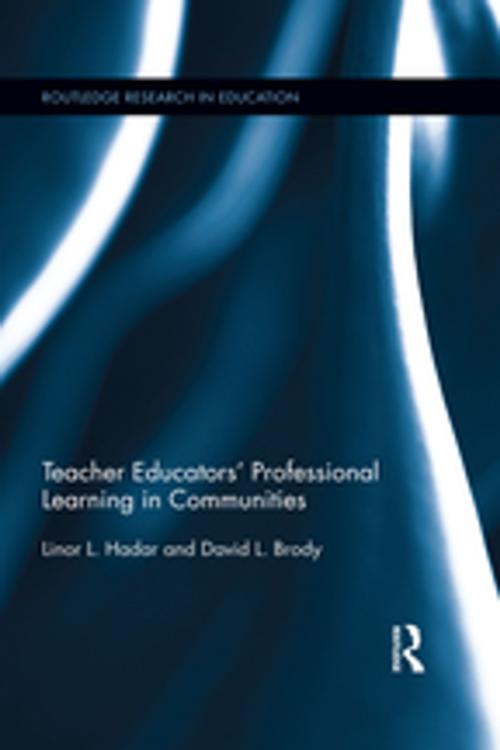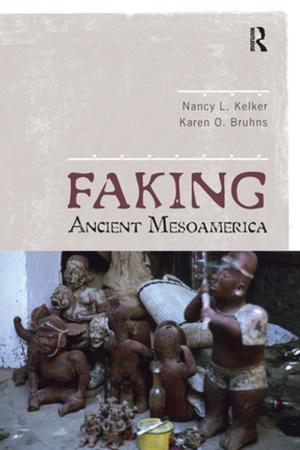Teacher Educators' Professional Learning in Communities
Nonfiction, Reference & Language, Education & Teaching| Author: | Linor L. Hadar, David L. Brody | ISBN: | 9781317292500 |
| Publisher: | Taylor and Francis | Publication: | November 10, 2016 |
| Imprint: | Routledge | Language: | English |
| Author: | Linor L. Hadar, David L. Brody |
| ISBN: | 9781317292500 |
| Publisher: | Taylor and Francis |
| Publication: | November 10, 2016 |
| Imprint: | Routledge |
| Language: | English |
Teacher Educators’ Professional Learning in Communities explores teacher educators' professional development in the communal model of learning. Learning in groups has proved to be a major avenue for supporting such development and change among teachers and other professions, but one which has received sparse attention with regards to teacher educators’ development. This book aims to examine such communities in order to identify factors that promote or hinder professional learning for teacher educators.
Blending research on communal learning with seven years of practical experience in these contexts, the authors present their analysis of the communal professional development process and provide a conceptual basis for understanding this type of professional learning for teacher educators. The book addresses organizational aspects of teacher educators’ learning in communities, such as creating a safe environment, group reflection, feedback and discussion about student learning. Personal professional learning aspects are also explored, including the reduction of personal isolation, the process of transition towards change, and withdrawal from the goals of the community. Finally, influences and implications for professional learning among teacher educators are discussed.
Teacher educators stand at the crux of the entire educational enterprise, because of their responsibility in training the next generation of teachers. As such, their professional development is increasingly important in promoting and advancing educational practice. Integrating current literature with pictures of practice about the use of the communal model in professional development in educational settings, it will be of key interest to researchers and postgraduate students in several fields: professional development, teacher educators, and communities of learners. Practitioners who are involved with the professional development of teacher educators will also find this book extremely useful.
Teacher Educators’ Professional Learning in Communities explores teacher educators' professional development in the communal model of learning. Learning in groups has proved to be a major avenue for supporting such development and change among teachers and other professions, but one which has received sparse attention with regards to teacher educators’ development. This book aims to examine such communities in order to identify factors that promote or hinder professional learning for teacher educators.
Blending research on communal learning with seven years of practical experience in these contexts, the authors present their analysis of the communal professional development process and provide a conceptual basis for understanding this type of professional learning for teacher educators. The book addresses organizational aspects of teacher educators’ learning in communities, such as creating a safe environment, group reflection, feedback and discussion about student learning. Personal professional learning aspects are also explored, including the reduction of personal isolation, the process of transition towards change, and withdrawal from the goals of the community. Finally, influences and implications for professional learning among teacher educators are discussed.
Teacher educators stand at the crux of the entire educational enterprise, because of their responsibility in training the next generation of teachers. As such, their professional development is increasingly important in promoting and advancing educational practice. Integrating current literature with pictures of practice about the use of the communal model in professional development in educational settings, it will be of key interest to researchers and postgraduate students in several fields: professional development, teacher educators, and communities of learners. Practitioners who are involved with the professional development of teacher educators will also find this book extremely useful.















